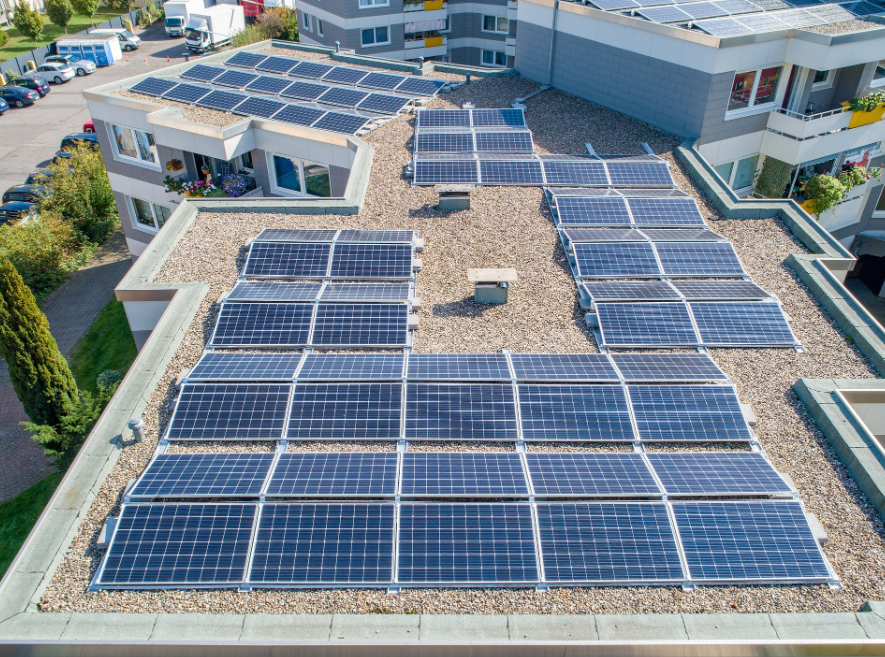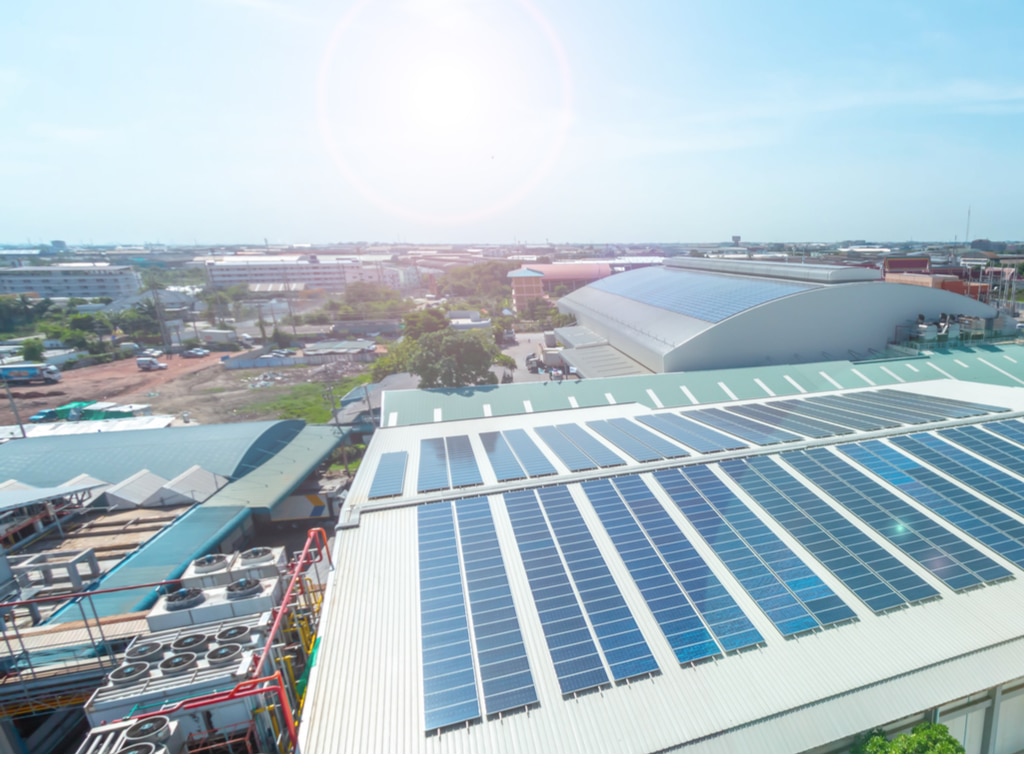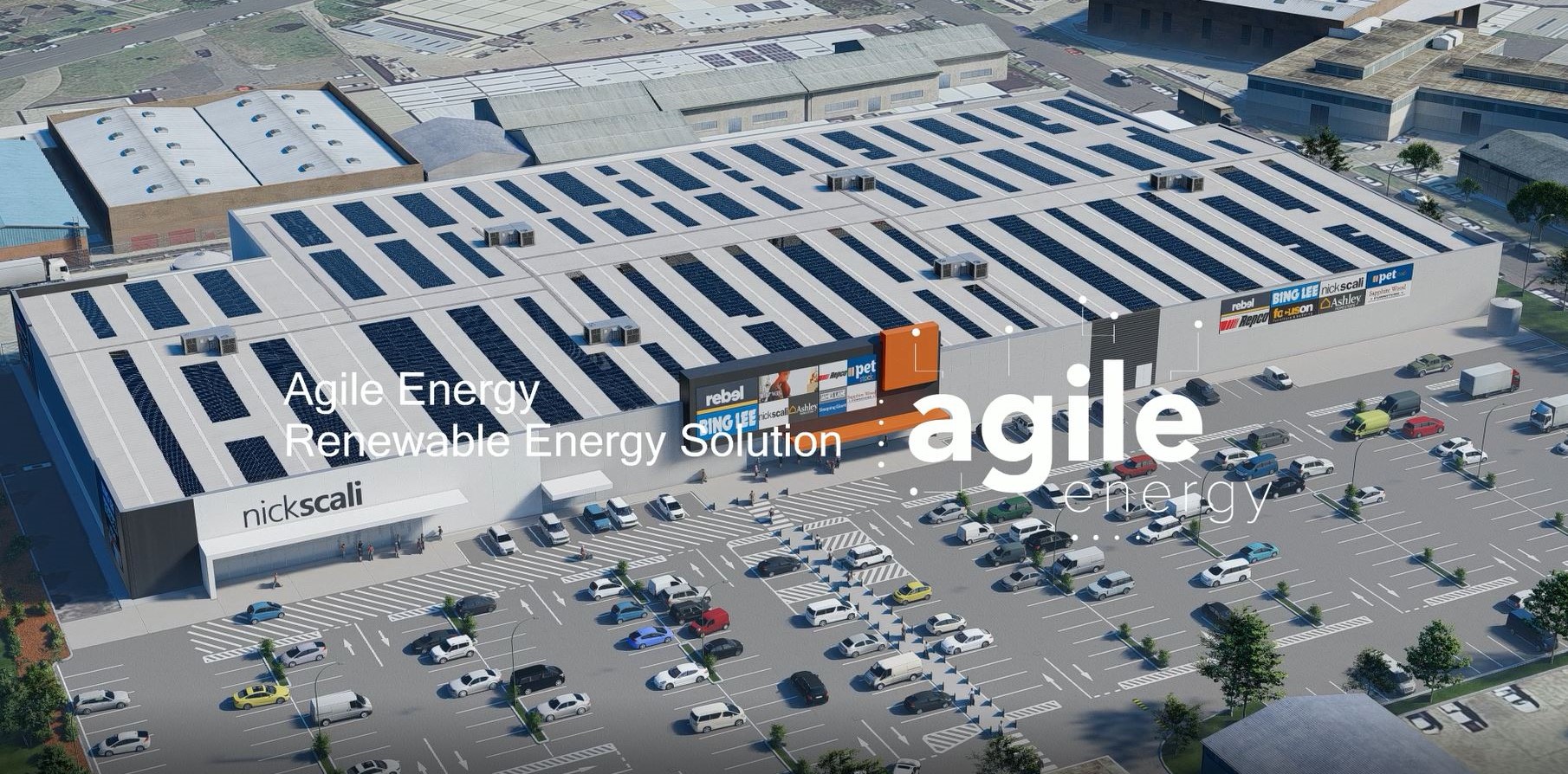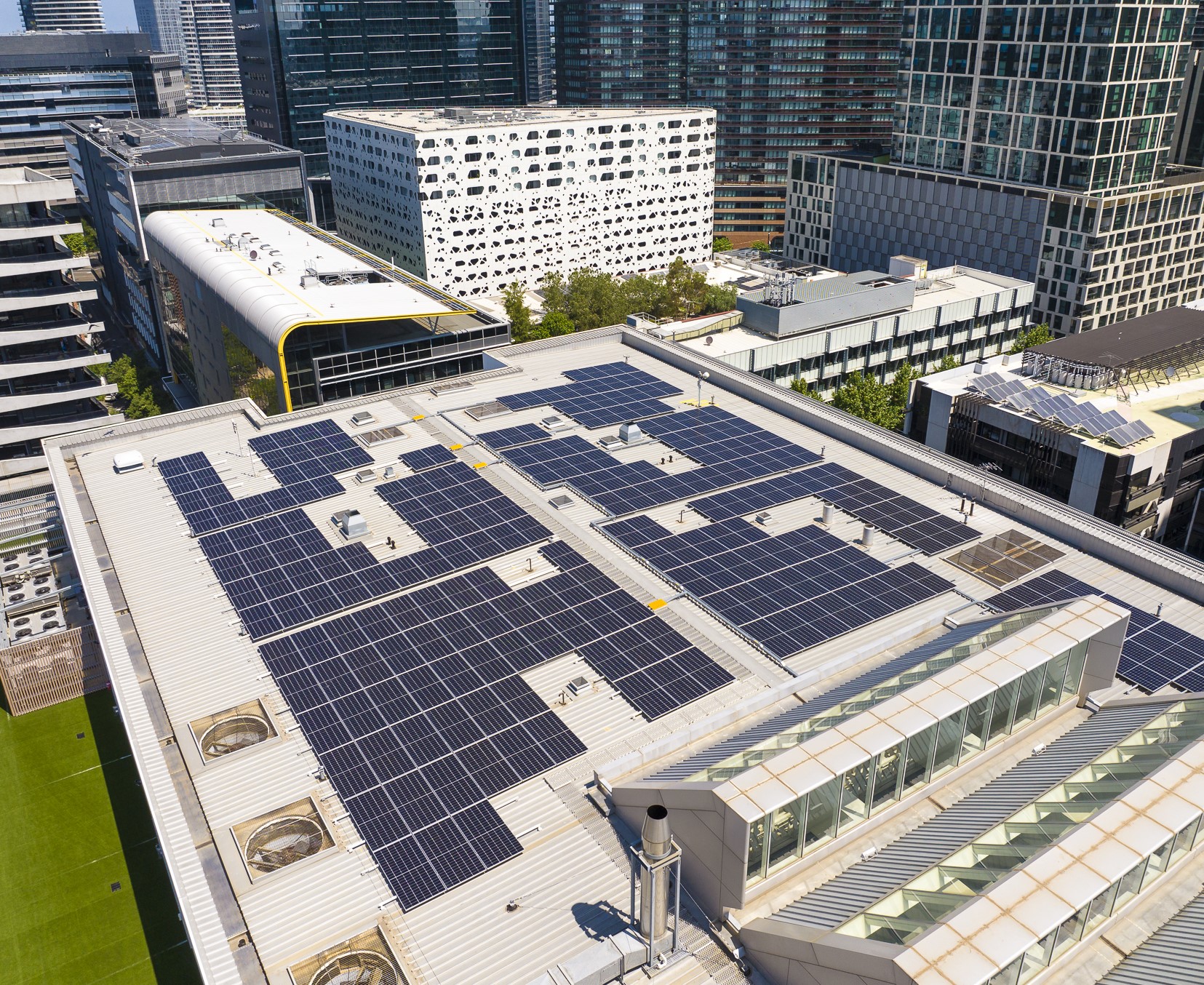Carbon Projects - Where to Start?
.jpg)
We at Equipoised have heard from stakeholders across all industries that the carbon sector is too confusing to know where to start.
The following is a simple guide for landowners and farming families interested in beginning their carbon project.
1. Carbon Markets: Understand how carbon markets work and the mechanisms through which they can generate revenue for you. Do you know the existing carbon market platforms, the requirements for project validation and verification, and the process of selling carbon credits.
2. Project Viability: Need to evaluate the potential carbon sequestration capacity of their land and determine if it aligns with the requirements of carbon offset projects. Factors such as soil type, land management techniques, and crop selection can significantly impact project viability.
3. Methodology Selection: Landowners should select the appropriate carbon project methodology that suits their farming practices and land characteristics. Choosing the right methodology is essential for accurate carbon credit calculations like soil carbon sequestration, afforestation or reforestation, methane capture from livestock, or renewable energy generation.
4. Baseline Determination: Establishing an accurate baseline is crucial and need to determine the carbon levels in their farming practices before implementing any carbon activities. This baseline data will serve as a reference point for carbon credit generation.
5. Project Costs and Returns: Farmers should carefully analyze the costs including expenses related to project development, monitoring, reporting, and verification. Assessing potential financial returns, including carbon credit prices and market demand, is essential to determine the project's profitability and long-term sustainability.
6. Technical Expertise: Carbon projects involve technical aspects such as monitoring, reporting, and verification of carbon sequestration or emission reduction activities. Farmers may need to acquire or collaborate with technical experts who can assist in project implementation, data collection, and compliance with project requirements.
7. Policy and Regulatory Environment: Understanding the policy and regulatory landscape related to carbon projects is crucial and will help farmers make informed decisions and maximize the benefits of their carbon projects.
8. Land Tenure and Ownership: Clarifying land tenure and ownership rights is essential before engaging in carbon projects. Clear land ownership documentation is necessary for project validation and participation in carbon markets.
9. Long-Term Commitment: Carbon projects often require a long-term commitment to ensure sustained carbon sequestration or emission reduction. Evaluate the willingness to implement and maintain the required practices or land use changes over an extended period.
10. Environmental and Social Co-benefits: Carbon projects can have additional environmental and social co-benefits, such as improved soil health, water conservation, biodiversity enhancement, or community development.
Find the original post here
Or learn more at www.equipoisedgroup.com

Solar vs Grid Energy Price Escalation: 2025 Outlook

Agile Advantage - From energy users to market participants: How Agile Businesses are monetising flexibility

Mandatory Climate Reporting: What CFOs Need to Know (2026–2028)

Agile Advantage - Unlocking full value from solar & storage: The business case for batteries

End-of-Year Energy Audit: 10 ways to start 2026 leaner and cleaner

Agile Advantage - Embedded Networks 101: Turning electricity from a cost centre into a profit centre

Top 5 Energy Incentives for Australian Businesses (2025)

Managing solar and battery rollouts for national portfolio

Risk management in renewables

Commercial Solar ROI in 2025: Maximise Your Business Savings

Scaling SAFe in large-scale energy organisations: How executives can harness the Scaled Agile Framework (SAFe) to accelerate the energy transition

Always-On Agile operating model for Australia’s energy transition

Integrated energy & carbon strategies: A Playbook for future-proofing Australian manufacturing

Weathering the storm: Protects solar assets from heavy rainfall risk

Transforming dead space into active assets: How Agile unlocks roofs, car parks, and land for revenue

Agile Advantage - Why energy data is the new gold for Australian manufacturer

Solar Battery Rebate

Agile Advantage - E is Everything: Energising Australian Businesses

Agile Advantage - Riding the renewable wave: Why Australian businesses are embracing solar energy

Agile Advantage - Why CFOs should prioritise renewable energy investments in 2025

Agile Advantage - Empowering Australian Businesses: Unlocking energy efficiency and sustainability

Agile Advantage - Inspiring the young workforce: How rolling out renewables sparks motivation

Agile Advantage- The power of vertical integration in solar project delivery

Agile Advantage - Making complex simple: Navigating the complexity of solar installations

Agile Advantage - Rising cost of insurance : Impact on solar assets

Agile Advantage - Monetising your solar assets: Converting pre-purchased systems into power purchase agreements (PPAs)

Agile Advantage - The Magic of experience: Partnering for performance in renewables

Agile Advantage - Solar rooftop safety: Risk management guide

Agile Advantage - Clear paths to carbon reduction: Renewables and more for Australian businesses

Agile Advantage - Seven Deadly Sins of Solar Installations: Mistakes Businesses Must Avoid

CEO's view on managing increasing energy costs

Carbon Accounting and your business

Join Agile Energy at the Healthcare Real Estate Summit

TRADE ACCUs WITH US! From the desk of Equipoised Group
Ready to Power Your Business with Sustainable Energy?
Let's take the first step towards a brighter and greener future.


